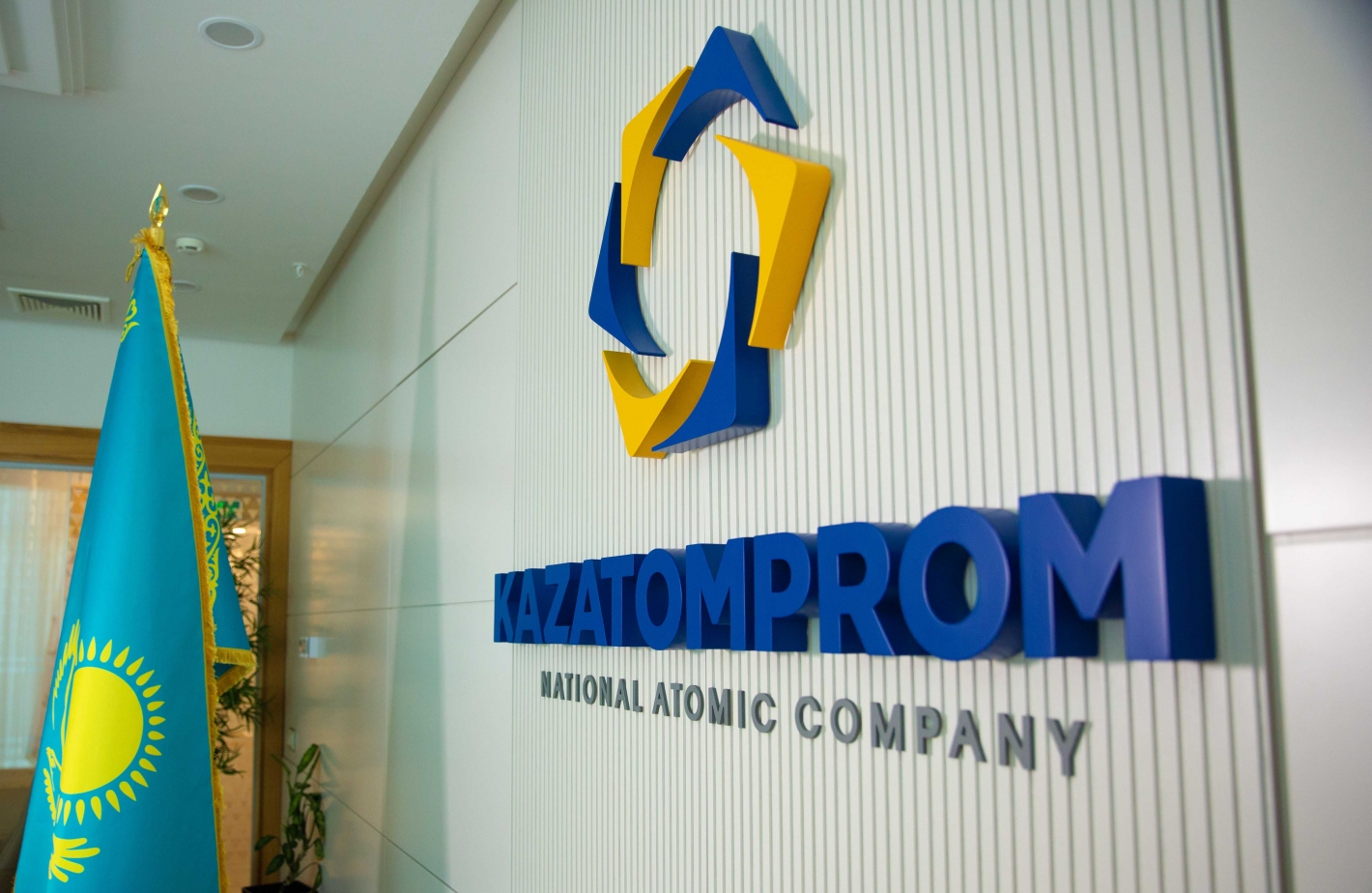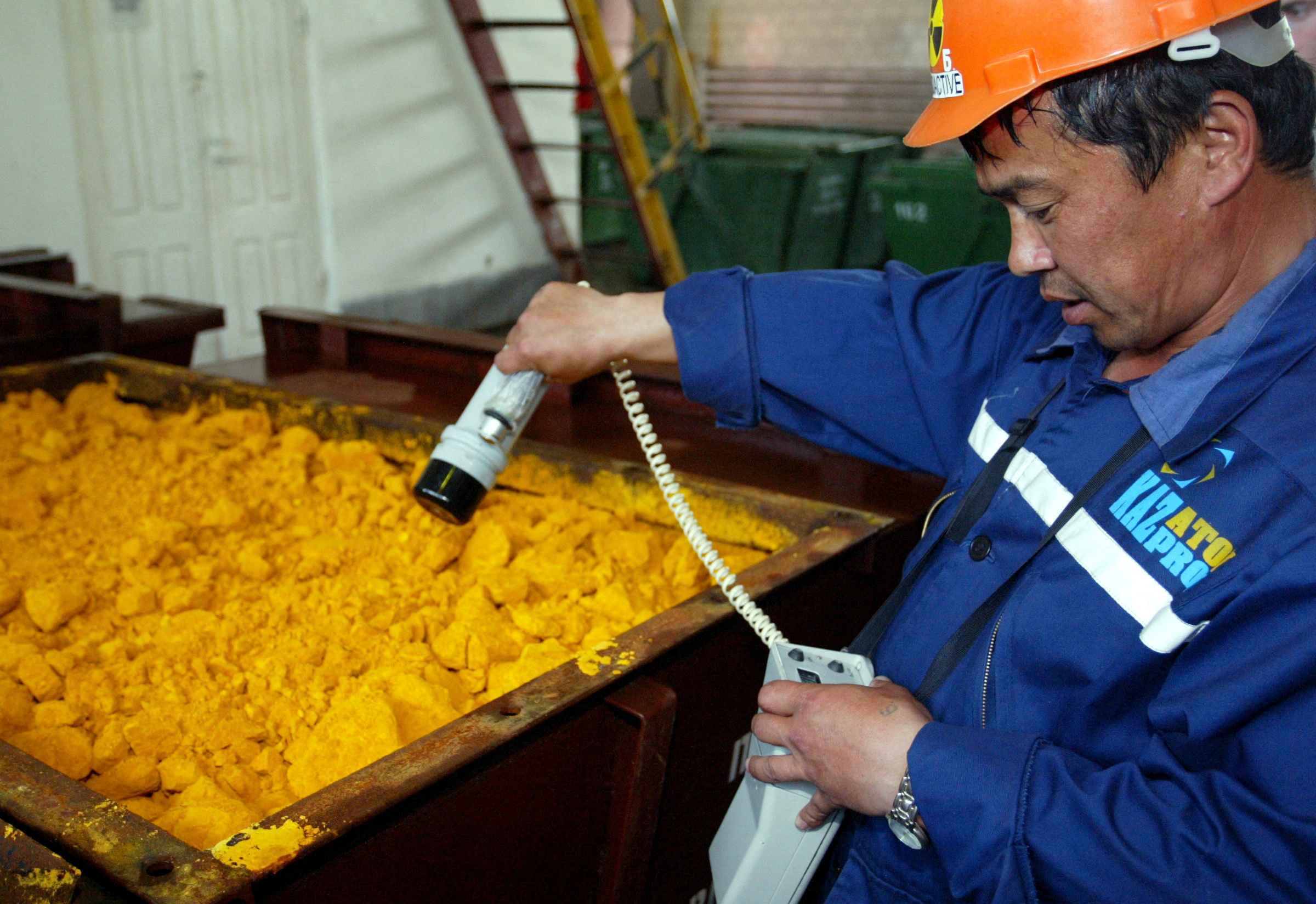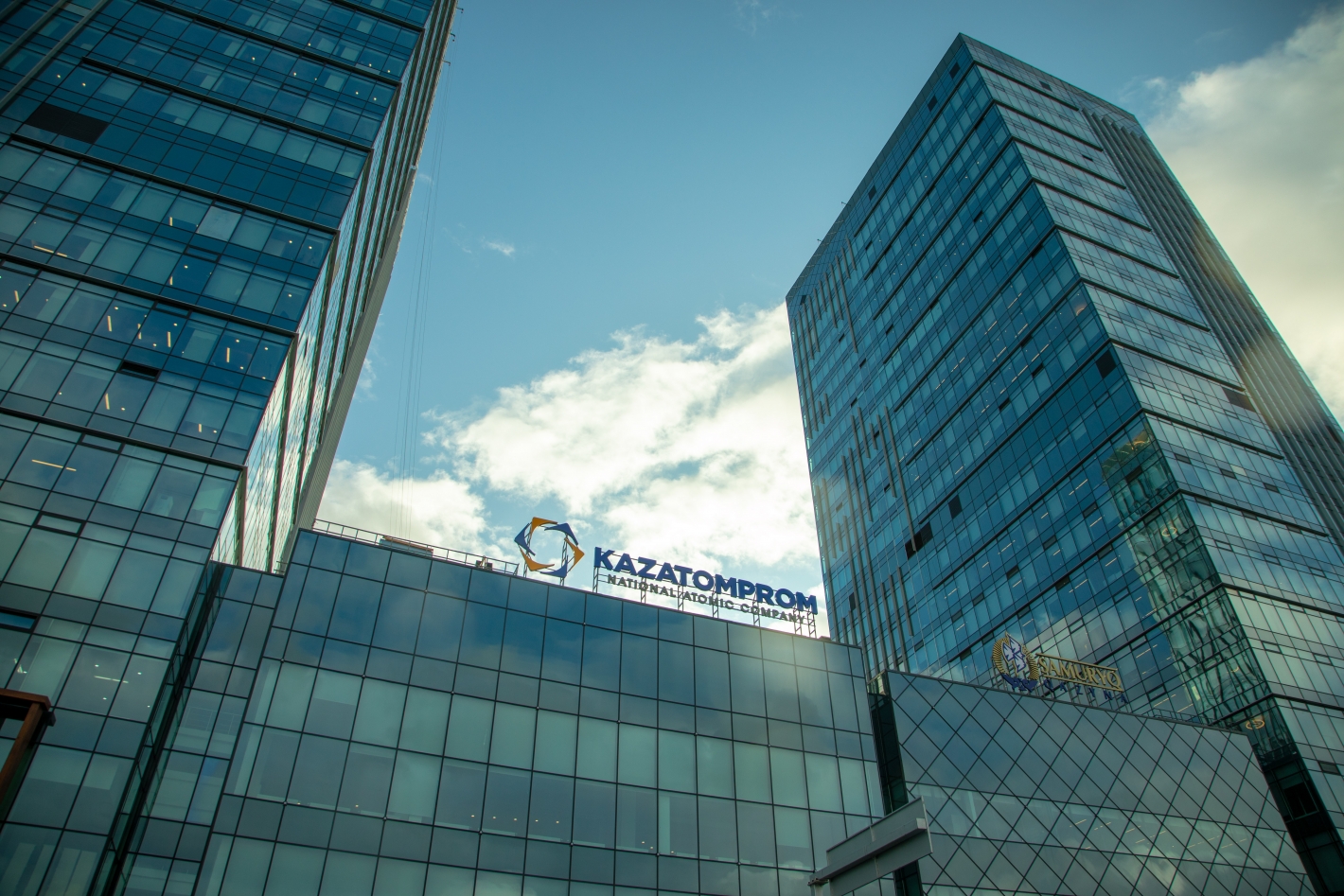Kazatomprom, the world’s leading uranium miner, accounting for over one-fifth of the world’s production, is facing production issues over the next two years. The company recently cautioned that it is likely to fall short of production targets through 2025 due to construction delays and challenges related to the availability of sulfuric acid, a critical component in the extraction process used to leach and recover uranium from raw ore.

Impact on global uranium market
Kazakhstan, which produces 43% of the world’s uranium supply, is the largest contributor to the global market for the heavy metal. This production snag comes at a time when other major producers are also struggling. Canada-based Cameco has flagged lower production, while France-owned Orano has shut its Niger operation.
Rising demand amid supply deficit
“We’re coming from a decade of undersupply,” said Guy Keller, portfolio manager at investment and advisory firm Tribeca. He added that the deficit will continue as “we’re in the middle of the biggest reactor build program in decades.” Around 60 nuclear power reactors are under construction in 17 countries and another 110 are in the planning stages, with most projects underway in Asia, particularly.

Uranium prices on rise
Uranium prices, already at 16-year highs, are expected to rally further. Uranium was recently trading around $106 per pound and analysts expect prices to continue to rally. Citibank expects uranium prices to average $110 per pound in 2025. “The main fundamental drivers of the bull market have been the closure of mines due to years of overproduction and low prices,” Citibank wrote in a report published on.
Geopolitical supply concerns
There are additional supply concerns as Russia could retaliate in response to proposed U.S. legislation that would ban the imports of Russian enriched uranium, said John Ciampaglia, CEO of Sprott Asset Management. Russia is the sixth largest producer of uranium and the largest enricher, a process that makes it easier to draw nuclear fuel from uranium ores. “This confluence of factors is setting up an even larger projected supply deficit in the coming years and potential disruptions to the nuclear fuel supply chain,” Ciampaglia told CNBC in an email. As a result, countries that rely heavily on nuclear power may need to diversify.

France’s dependency on nuclear energy
France, which derives up to 70% of its electricity from nuclear energy, is the most dependent country on this form of power. However, it has not received new uranium shipments from Niger, the world’s seventh-largest producer of the metal, since a military coup last year.
Uranium exports halt in Niger
Macron’s quest for new supply partnerships
In response to this crisis, French President Emmanuel Macron has recently made trips to uranium powerhouses Kazakhstan, Mongolia, and Uzbekistan in search of new supply partnerships.

Impact on consumers
Despite these disruptions, consumers are unlikely to feel the effect just yet. “Most utility contract for fuel under long-term contracts, so they are unlikely to experience instant sticker shock from current higher prices,” said Jonathan Hinze, President of UxC. He added that he does not foresee “a hugely detrimental effect on electric utilities and power prices.”
Daryo has recently announced that the state-owned enterprise Navoiyuran of Uzbekistan has signed a memorandum of strategic cooperation with China National Nuclear Corporation (CNNC) in the uranium industry. This significant document was signed during the first international forum on the development of the natural uranium industry in Beijing. During this forum, a meeting was held with CNNC Vice President Shen Yanfeng, further solidifying the relationship between Navoiyuran and CNNC.
Navoiyuran, which commenced uranium mining in 2022 after its separation from the Navoiy Mining and Metallurgical Plant, has ambitious plans for the future. The state-owned enterprise aims to double its uranium production by 2030. With a target output of 7,100 tons per year, Navoiyuran is set to become a significant player in the global uranium industry.
Follow Daryo's official Instagram and Twitter pages to keep current on world news.
Comments (0)